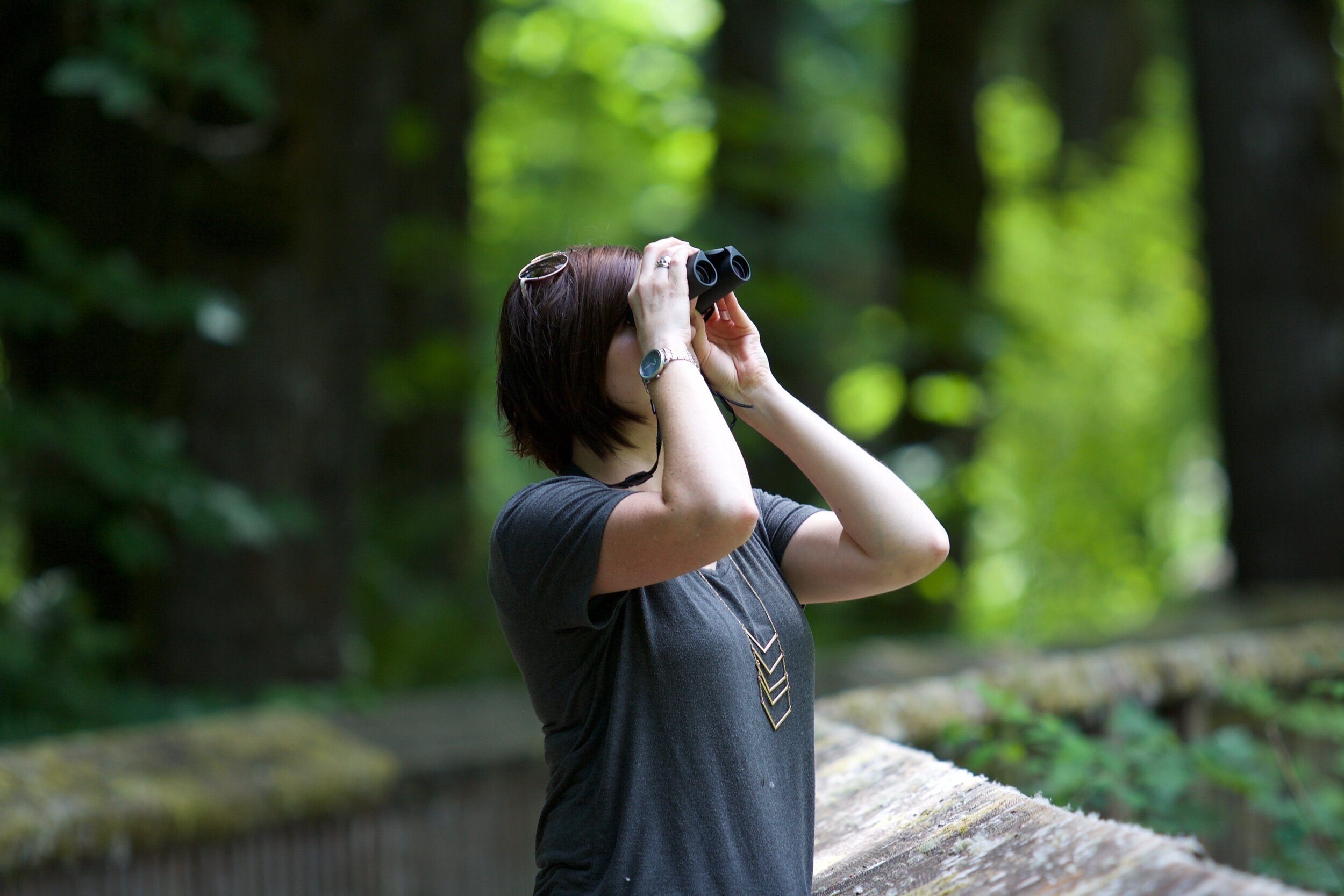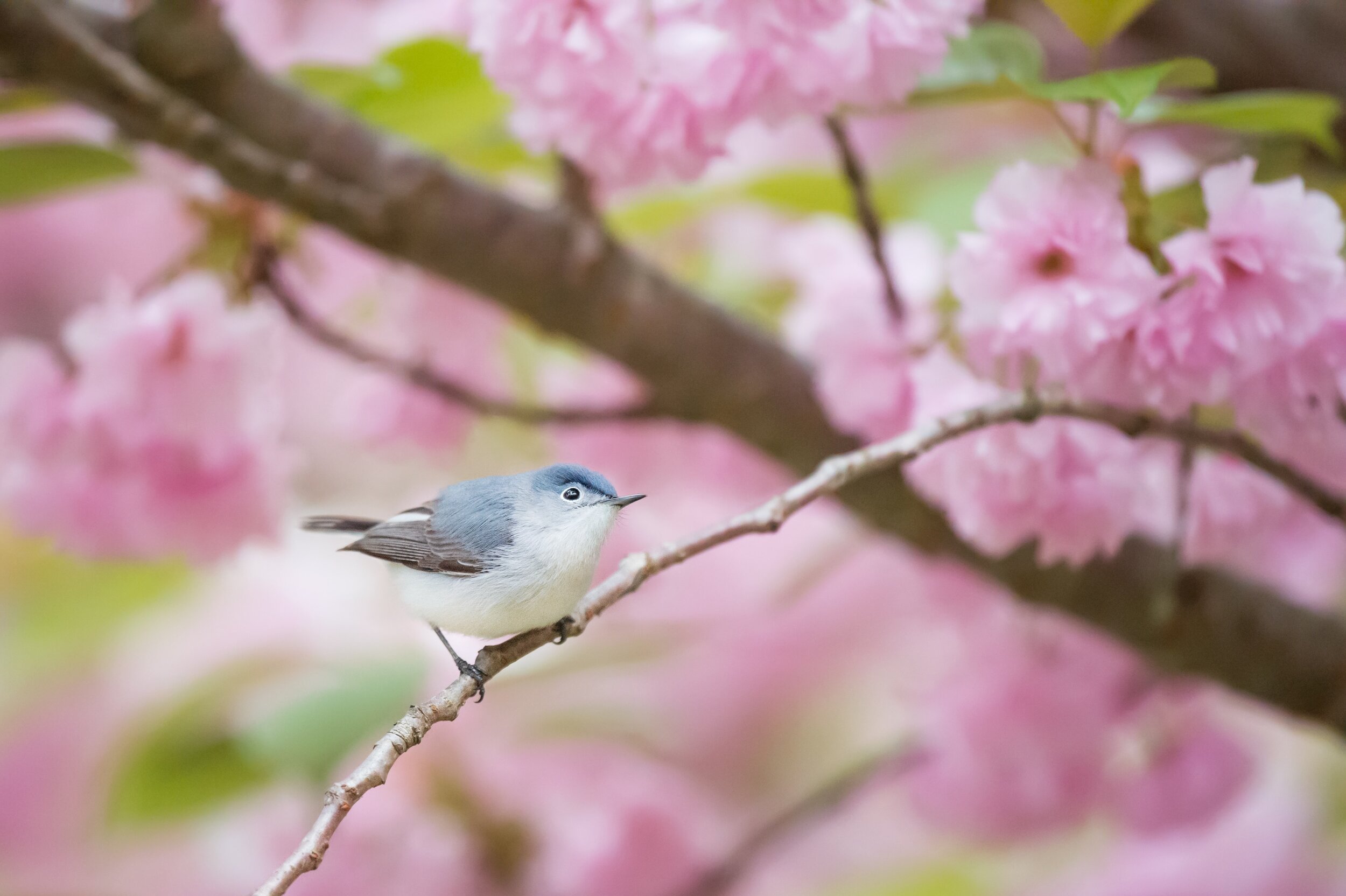Get outside
Being in nature is excellent for clearing your mind, and it specifically helps in lowering anxiety and improving mood.
Image by Rodion Kutsaev on Unsplash
I’ll go into a bit of the science in a minute, but even with studies that show results and the developing field of ecotherapy, it’s not 100% clear that science can explain the WHY of it; yet science and medicine can point to the many studies that say it’s so.
Perhaps it is because when we are in nature, which can be as small a slice of nature as a yard or park, we regain at least part of our connection to the earth. It’s a way of recalibrating. The sounds of nature—wind, birds, leaves rustling, the sound of running water or the sea—are calming to most humans, though even outdoor “silence” has been found to lower blood pressure and the levels of the stress hormone, cortisol.
One theory is that being in nature is a way of reducing external stimuli, which allows us to relax. Psychologist Lynne Kostiuk says “Nature goes at a completely different pace than what we’ve created for ourselves nowadays. It slows us down, lets us pay attention to different things, and let go of others. It gives us a chance to just enjoy being.”
Dr. Jason Strauss, director of geriatric psychiatry at Harvard-affiliated Cambridge Health Alliance, said in another article, “Having something pleasant to focus on like trees and greenery helps distract your mind from negative thinking, so your thoughts become less filled with worry.”
When you are experiencing anxiety or depression, your pre-frontal cortex gets extremely busy going over and over all the things that are upsetting, negative, or wrong. It’s the pre-frontal cortex that gets stuck in a loop, playing and replaying the same scenarios or thoughts repeatedly, almost like a needle skipping on a record. Nature is the gentle nudge or the penny on top of the stylus that gets the tune playing properly again.
As little as 30 minutes of time in nature per week is enough to reduce depression by 7%, and reduce high blood pressure by 9%. A 50-minute walk in nature has been demonstrated to reduce anxiety in ways that the same amount of walking in an urban setting did not, plus the nature walk provided additional cognitive benefits such as improved memory performance.
One of the books that goes into detail on why being outside in the natural world is beneficial is The Nature Fix: Why Nature Makes Us Happier, Healthier, and More Creative by Florence Williams. I borrowed the book from my local library, and really enjoyed it. Williams examines scientific studies from many countries and different disciplines, with the conclusion being that being in nature, actually spending time in nature, is good for us. Without meaning to be a spoiler, near the conclusion of her book, Williams says, “Distilling what I learned, I came up with a kind of ultra simple coda: Go outside, often, sometimes in wild places. Bring friends or not. Breathe.” (The Nature Fix, p. 254.)
“Distilling what I learned, I came up with a kind of ultra simple coda: Go outside, often, sometimes in wild places. Bring friends or not. Breathe.”
Bird-watching, watching other animal (maybe deer if you live in the country, or squirrels almost anywhere), and even spending time with a tree are great ways to reduce your anxiety levels. I have a friend who noticed last year that her anxiety and depression levels were starting to mount, and she decided to spend some time outside each day in hopes of helping it. While outside, she started paying attention to the birds in her yard and along her walks. Then she started photographing them, and has become quite proficient at it. Her anxiety levels have lowered as a result of her bird-watching.
Some outdoor experts tout bird-watching as an anxiety-reducing activity, because it calms your mind while keeping it active and entertained. My friend would likely agree with that, but who is to say whether it’s the focus on a specific object in nature (birds), being outside in nature in general, or something else? Nevertheless, engaging in an outdoor activity, even one that is rather sedentary like bird-watching, turns out to lower stress and anxiety levels.
I find that there are days when I don’t feel up to taking a walk, and on those, I get many of the same benefits of nature just by being outside on my patio or in the swing chair we got last year and settled under the trees in our back yard. I can see the clouds, feel the breeze, see and hear the birds, and more. There is something relaxing and soothing about enjoying the yard on a nice day, and I’m sure that the days when I get 15 minutes of sun or so before I put the umbrella on our patio table up or move into the trees are also helpful, since Vitamin D is a good thing, too.
You can get those same benefits with a walk in your neighborhood (or in a neighborhood park, if they are still open), some time on your balcony, patio, or deck, and so forth. If you like hiking, hit the trails when you can. If you want more cardio, walk fast or run or play a sport outside. If you like mind-body exercise, try yoga or tai chi in the out-of-doors—tai chi in particular is enhanced when done outside, and near water.
Just remember to get outside, and to breathe.
P.S. — Several of my one-on-one coaching clients were a bit skeptical about this “simple” bit of advice. Each of them reported back to affirm that this simple tip works well. It even helped one of them lower her blood pressure.
If you would like this plus 16 additional exercises, practices, and tips in a print format, I’ve created an e-book entitled Lower Your Anxiety, which is available for purchase here.


